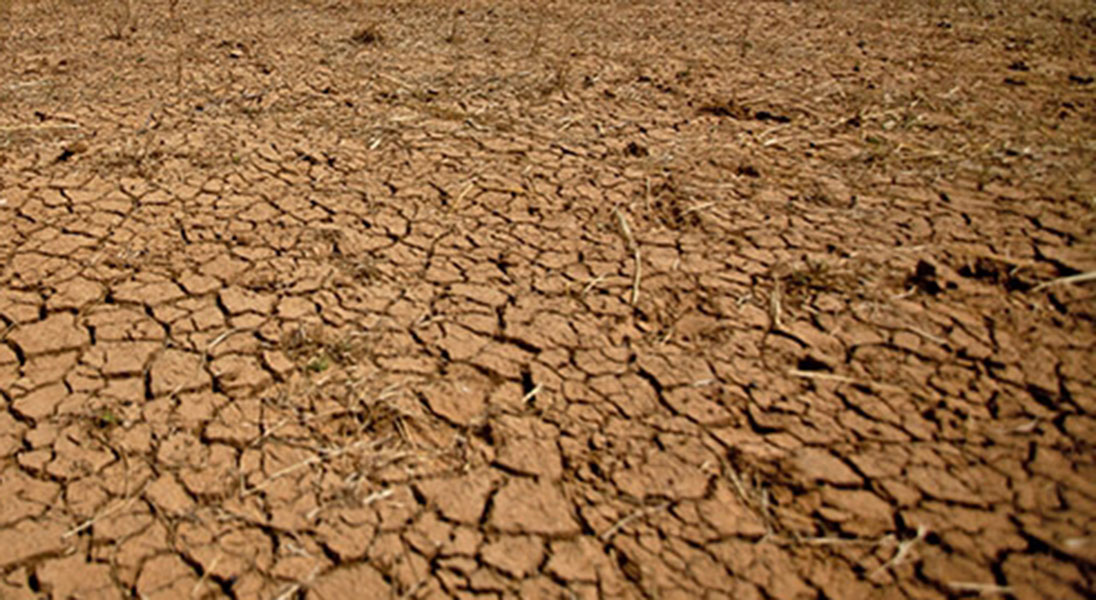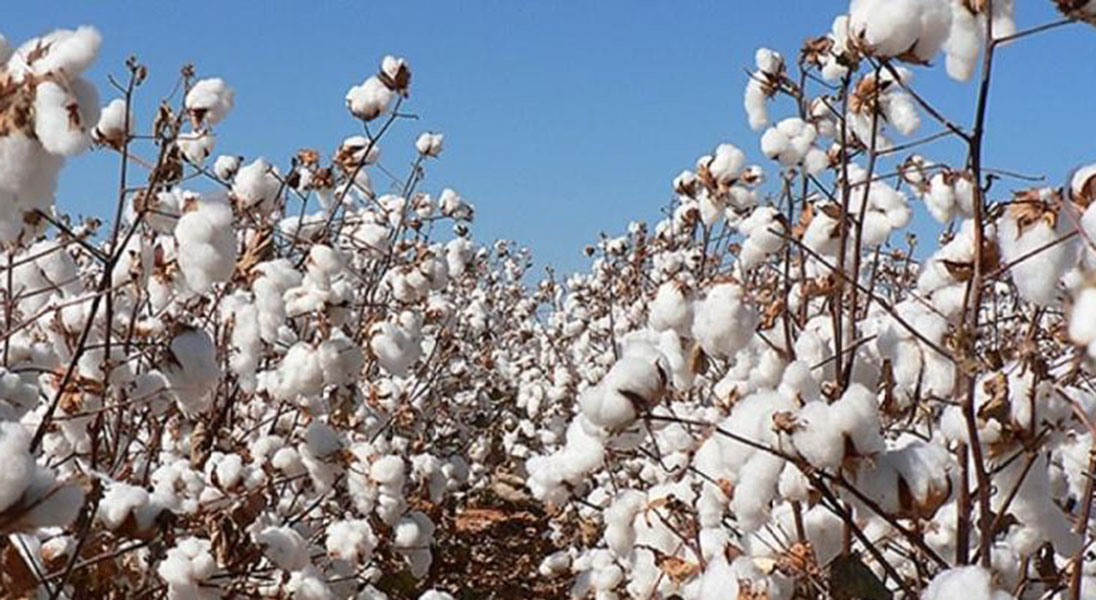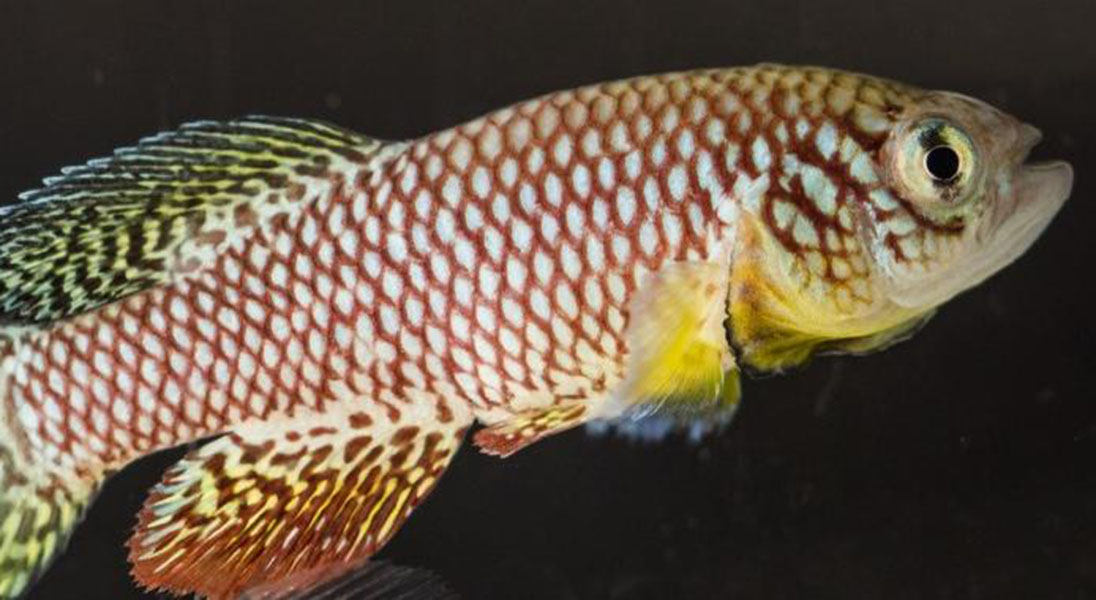SADC countries still show the least level of biotechnology development owing largely to the precautionary approach of governments in guiding the use of biotechnology in agriculture and the negative perceptions emanating from European Union’s stand on genetically modified organisms (GMOs), researchers say. Read More
The growth of genetically-modified crops in Africa declined marginally last year owing largely to a devastating El Nino-induced drought that affected most countries in eastern and southern Africa, according to a latest study released recently. Read More
If the growing of genetically modified cotton is allowed in Zimbabwe, a top seed company official suggests that it could be a boon for the state, generating nearly $40 million in incremental revenue every year through improved crop yields and reduced cost of production. Read More
Zimbabwe needs to develop its national aquaculture policy framework to provide a coordinated path for the development of the aquaculture industry and identify several interventions to unlock the potential of the sector, a top EU fisheries advisor says. Read More
Japanese scientists are facing allegations of biopiracy after they allegedly acquired specimens of the turquoise killifish, a rare and unique fish on the International Union for Conservation of Nature Red List found in small pans dotted around the 5 000-square km Gonarezhou National Park situated in the south-eastern Lowveld of Zimbabwe, without having negotiated permission to use them with the Zimbabwe Parks and Wildlife Management Authority. Read More






